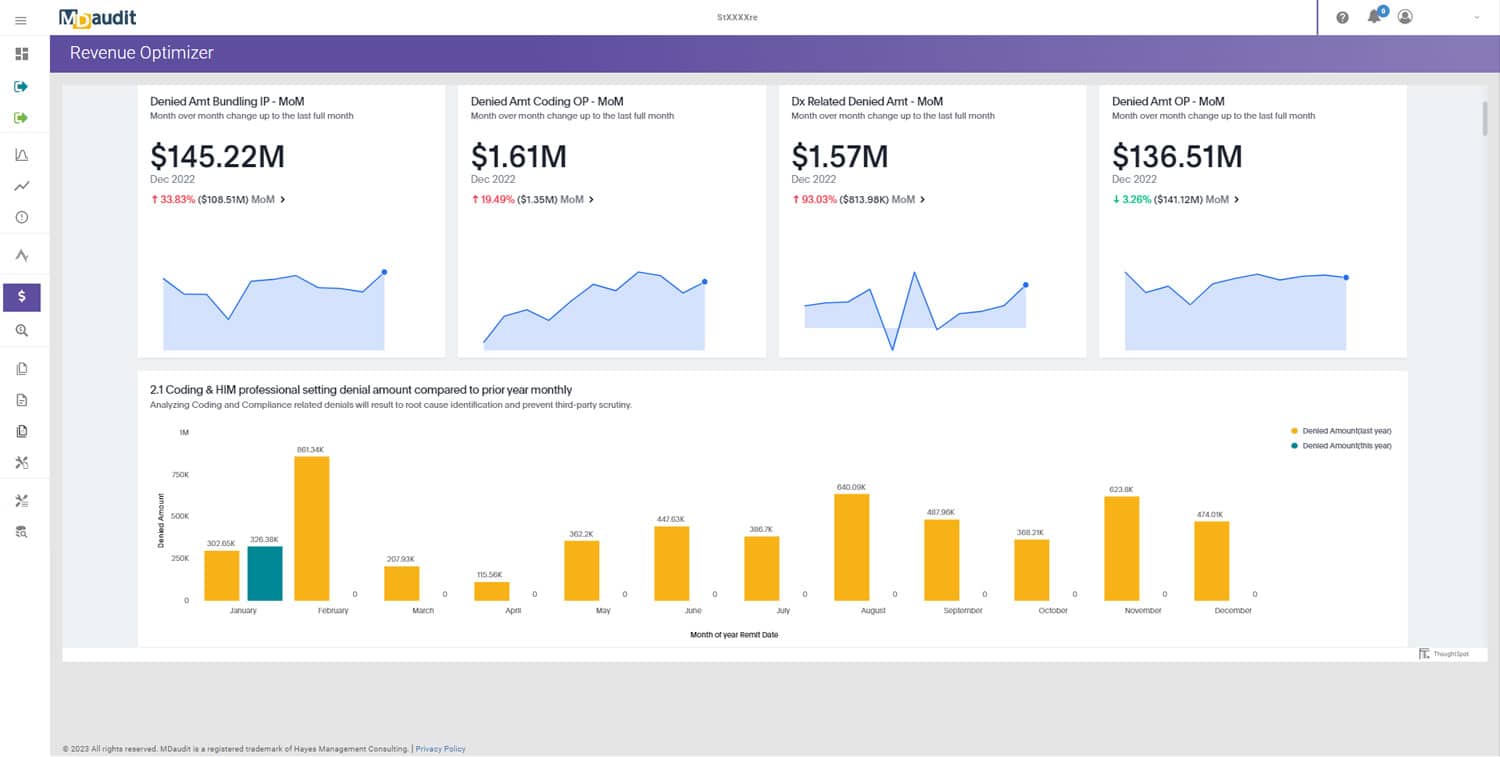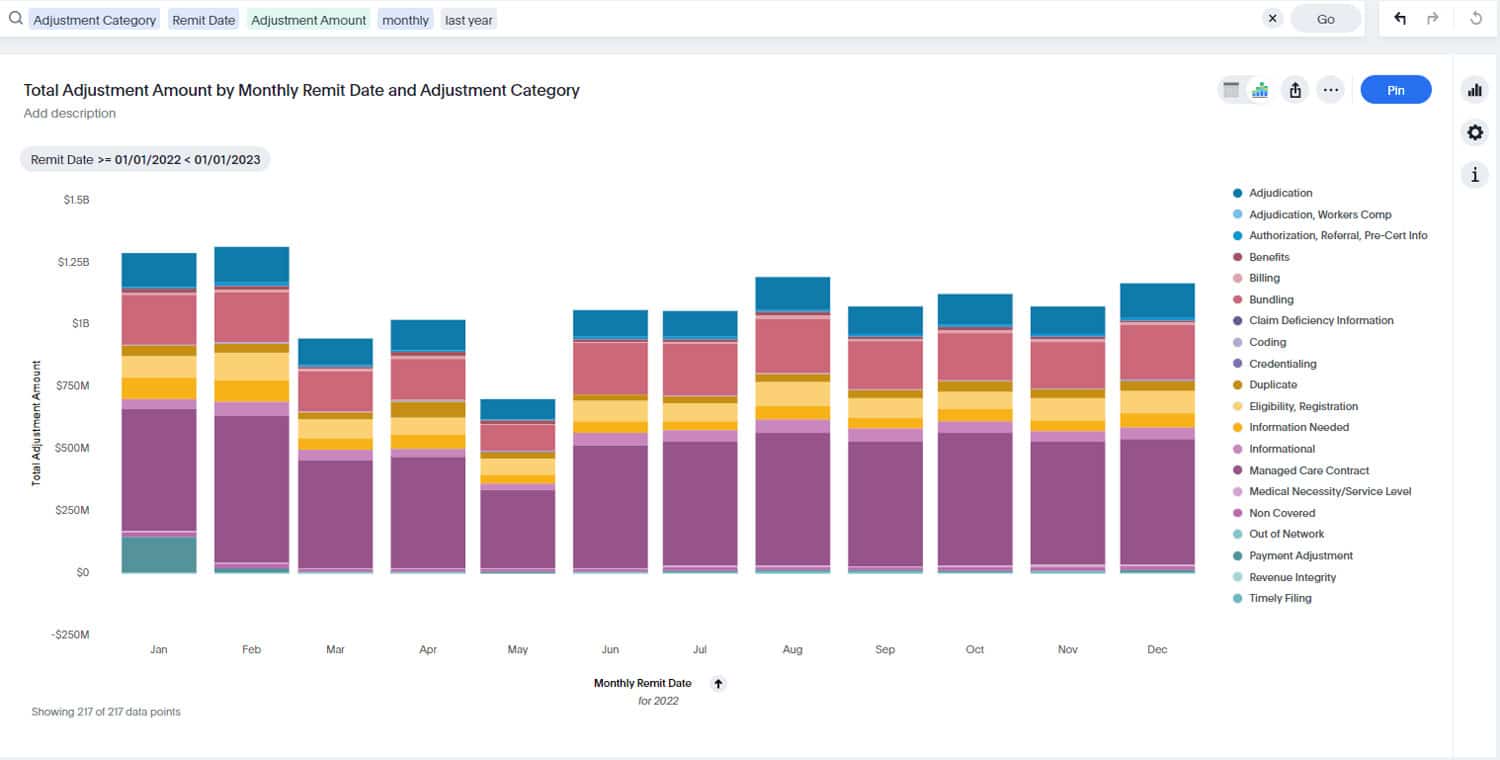The healthcare industry is undergoing a massive transformation thanks to advancements in artificial intelligence (AI) and automation, especially in revenue cycle management (RCM). These technologies enhance efficiency, security, and analytical capabilities, making them indispensable for maintaining revenue integrity. Cloud-based solutions integrating AI and automation are now essential for healthcare organizations.
Traversing the Winds of Change
Post-Covid, the healthcare sector is experiencing both supportive and challenging trends. On one hand, patient and elective surgery volumes are surging, pushing health systems to enhance operational efficiency and maintain healthy margins. Investments in automation, analytics, and AI are pivotal in reducing administrative and manual tasks, evidenced by the rise in hospital operating margins to nearly 3.5% in March 2024 from less than 1% the previous year.
However, labor shortages and rising supply and personnel costs have driven care costs up by nearly 10% in 2024. Increased denial rates and complex third-party audits further threaten financial stability. To combat these challenges, healthcare providers are leveraging AI and automation to analyze vast amounts of data, identifying billing, coding, and denial management errors. This data-driven approach helps pinpoint risky providers, coders, payers, and codes, enabling corrective strategies to ensure revenue integrity.
AI’s Role in Revenue Integrity
Merely increasing technology budgets isn’t enough. The focus must be on the return on investment (ROI) from these technologies. AI and automation tools are invaluable for rapid data analysis, revealing patterns and anomalies in billing, coding, and denial management. Key applications include identifying undercoding and overcoding, predicting claim denials, applying natural language processing for accurate clinical documentation, and quickly responding to external audits to retain revenue.
Amidst high RCM staffing shortages, AI and automation significantly boost productivity. According to the MDaudit 2023 Benchmark Report, departments using these technologies reduced team size by 33% while performing 10% more audit activities compared to 2022.
Healthcare providers are following the lead of payers, who have embraced AI and automation to revolutionize the insurance industry and reduce costs. Advanced AI-enabled denial management technology plays a crucial role in billing compliance, employing a hybrid auditing approach and RCM tools for a comprehensive risk-based strategy. Cloud-based AI platforms democratize data insights, break down communication silos, and eliminate denial-related revenue leakage, driving informed decision-making and regulatory compliance.
AI-Driven Storytelling
AI shines in its ability to rapidly aggregate, analyze, and transform large volumes of data into actionable insights. Forward-thinking healthcare organizations recognize the power of integrated cloud-based analytics and AI tools in optimizing the revenue cycle. AI-powered storytelling data presents trends and predictions, supporting decision-making and uncovering the root causes of revenue cycle issues.
For instance, AI-driven storytelling data helped a 200-bed Level III Trauma Center improve revenue and establish risk-based auditing practices. The health system identified billing compliance insights by leveraging pre-built analytics and peer benchmarking tools, completing 1,000 cases, and identifying $182,000 in corrective charges within months.
AI in Action
Consider a Texas-based physician-owned health system that tripled in size but struggled with low billing audit volumes due to manual processes. Implementing an integrated billing compliance and revenue integrity platform increased monthly retrospective audits by 900% and prospective audits by 200%. Outcomes included a 22% improvement in provider accuracy, 99.9% coding accuracy, and a robust hybrid auditing strategy, bringing greater awareness to the compliance team’s efforts.
People and AI: A Partnership
AI is not a standalone solution. Human intervention is crucial in developing, adopting, and continuously training AI to ensure accuracy and precision.
Key areas of human involvement include
- building a strong data foundation
- continuous training to keep AI tools updated with the latest regulations
- appropriate governance to validate AI outputs.
Combining AI with human expertise optimizes AI accuracy, productivity, and ROI, making it a powerful tool for transforming healthcare revenue cycle management.
Want to learn more? Contact us.






